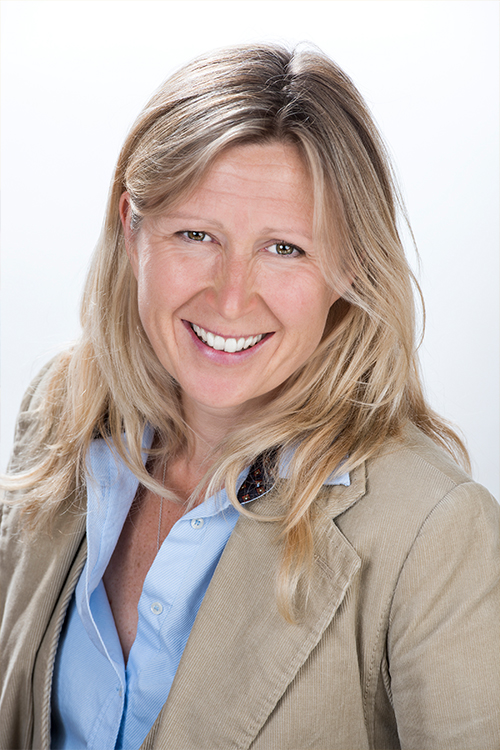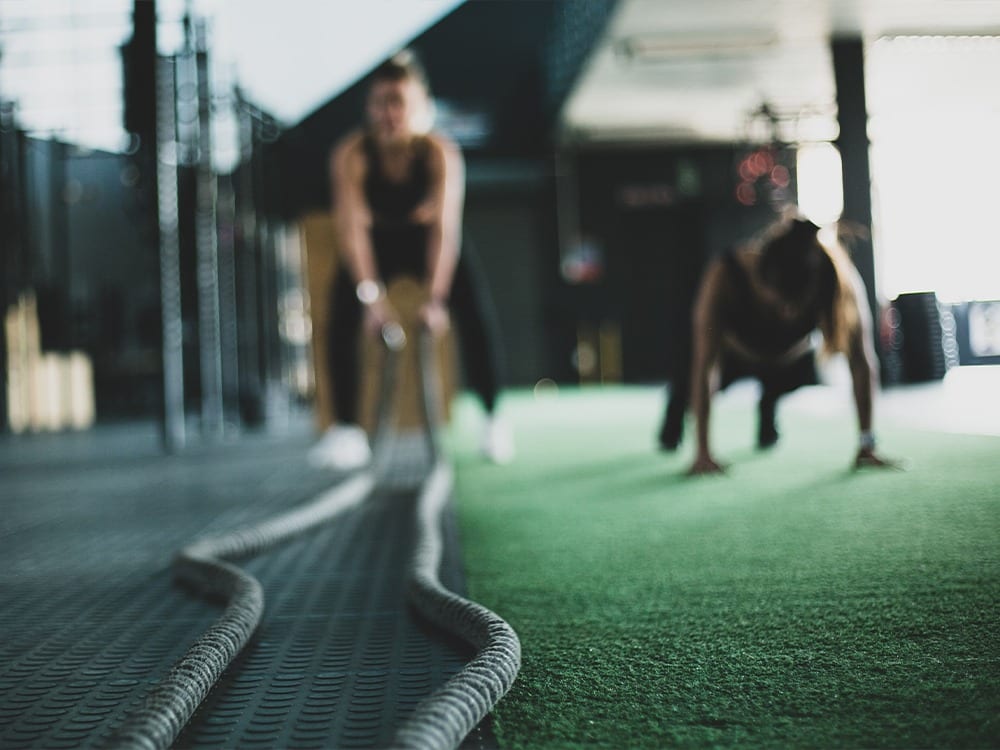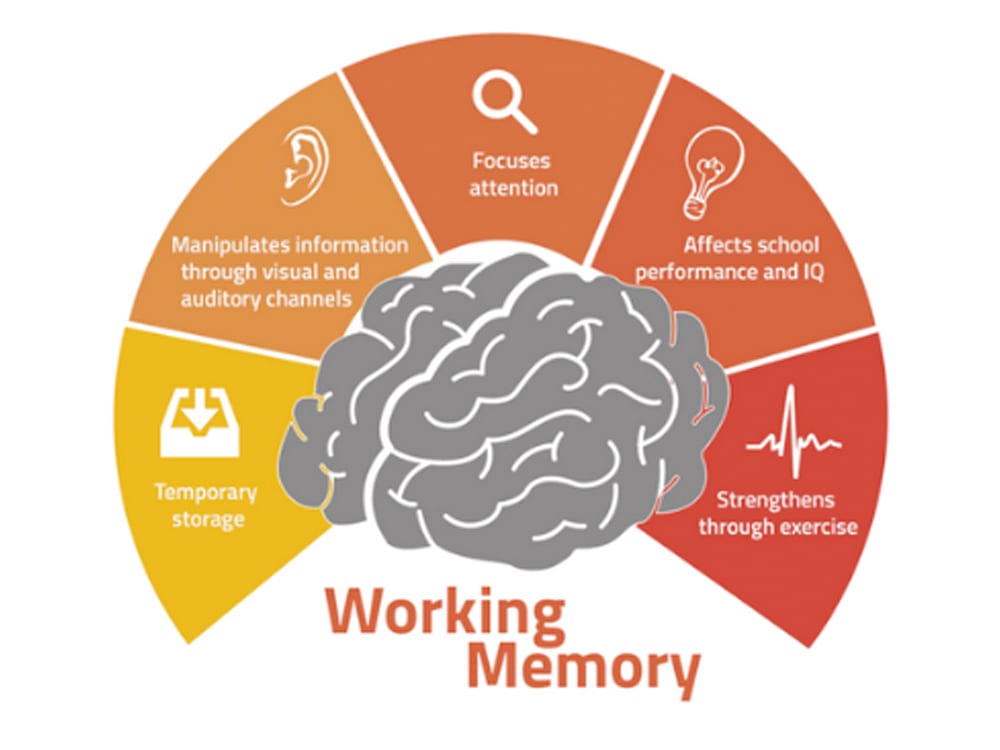Inside Out is an education charity based in Reading focussed on improving children’s wellbeing.
Children’s mental health and wellbeing have never been so high on the school agenda. Teachers have never been under so much pressure, managing daily change.
To help teachers and parents with the current, flexible approach to schooling, they have developed a ‘Wellbeing Guide’ based on their 5 Keys to Happiness, the equivalent of 5 fruit and veg a day for your mental health.
This is a free resource for schools, teachers and families packed with inspiration and activities to boost children’s happiness and wellbeing. These resources will now help ease the long-awaited transition back to school.
There is a wealth of information and resources out there but it’s often confusing and hard to know where to start. The Wellbeing Guides are full of activities that are simple, fun and quick-to-use, at home or school.
The Guide offers fun, simple ideas and resources for children, whether they are currently being educated at home or in school with a new edition shared each week during lockdown. Please see attached pdf of the latest edition, which includes a 5 Keys to Happiness poster for parents to print out and use at home.
For more wellbeing inspiration, why not follow INSIDE OUT on Facebook and twitter or visit their website www.theinsideout.org.uk for all previous issues of the Wellbeing Guide.
Read about pop icon Billy Ocean and the Young Voices Choir’s charity single to help children’s mental health here.






